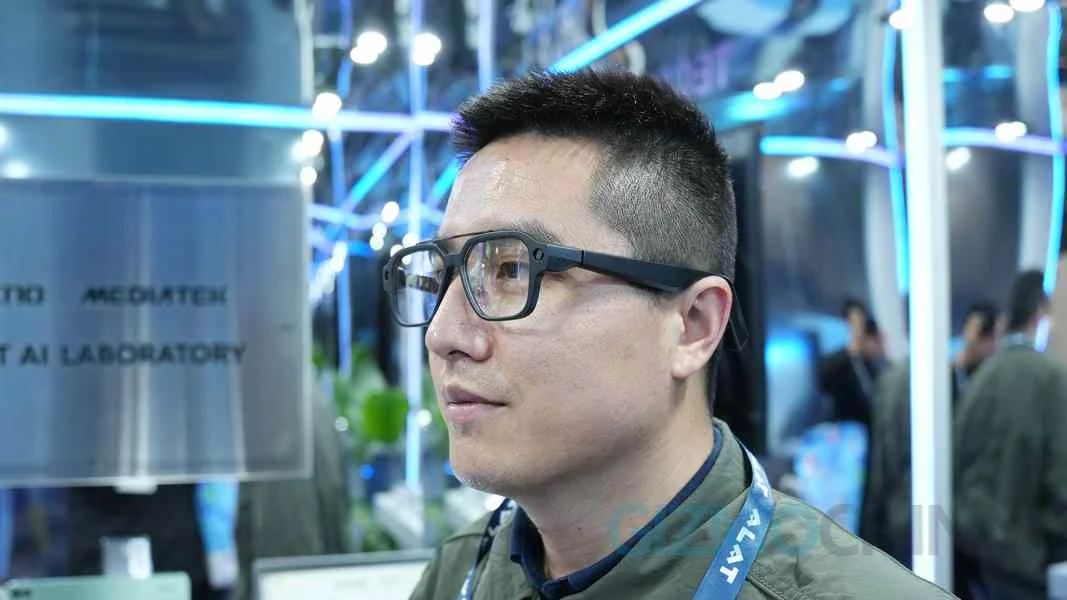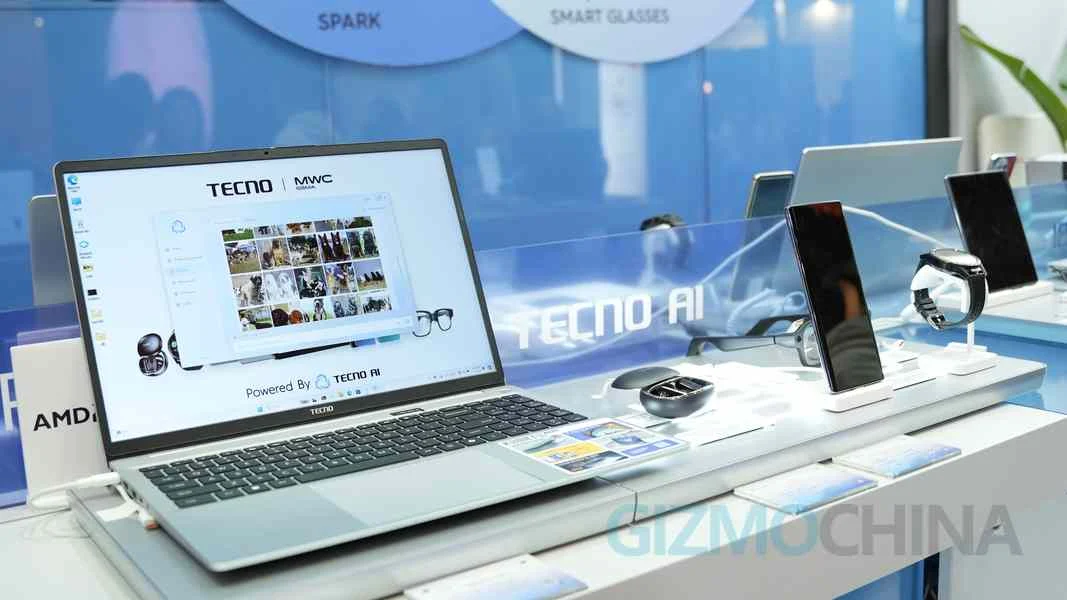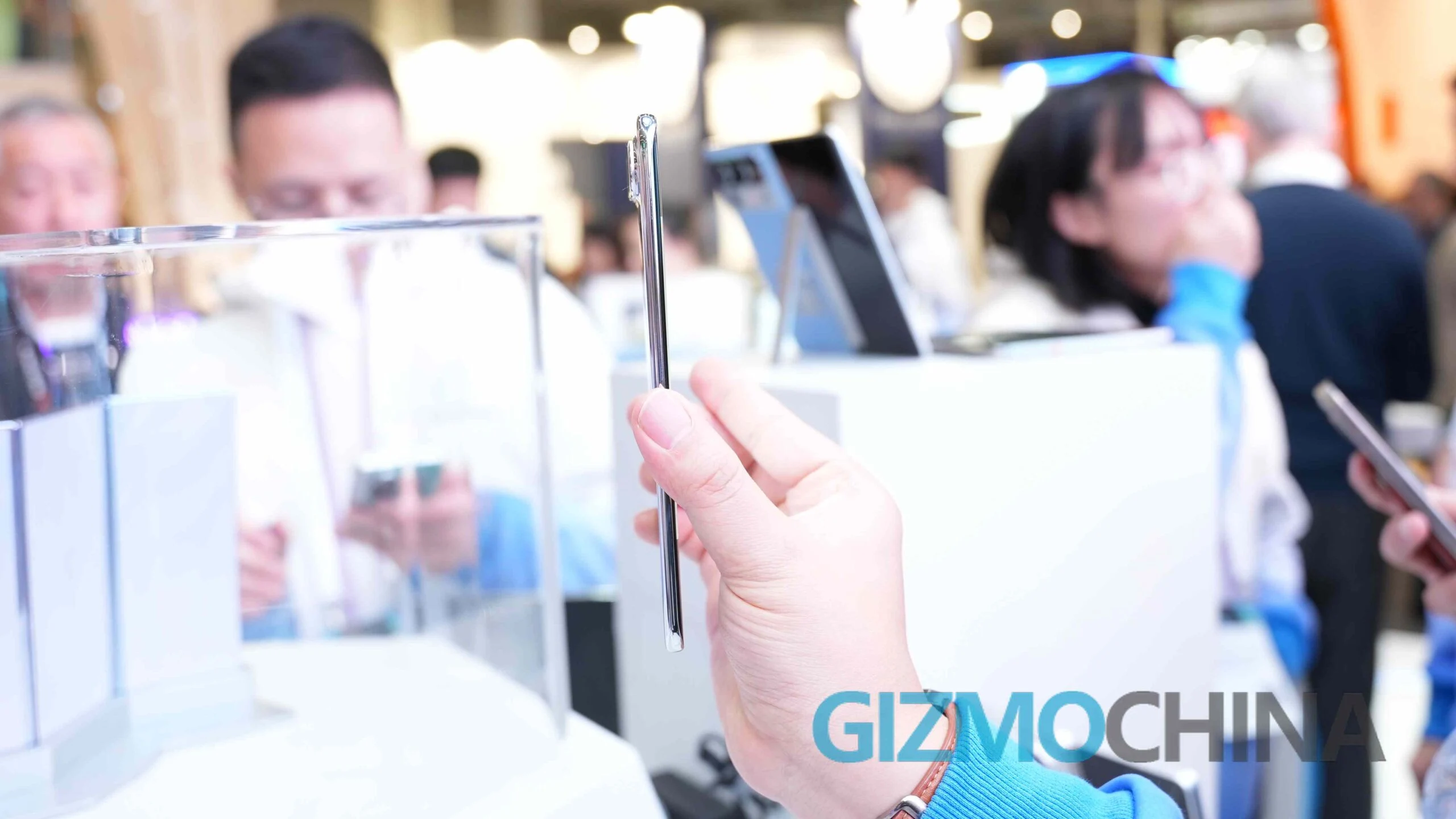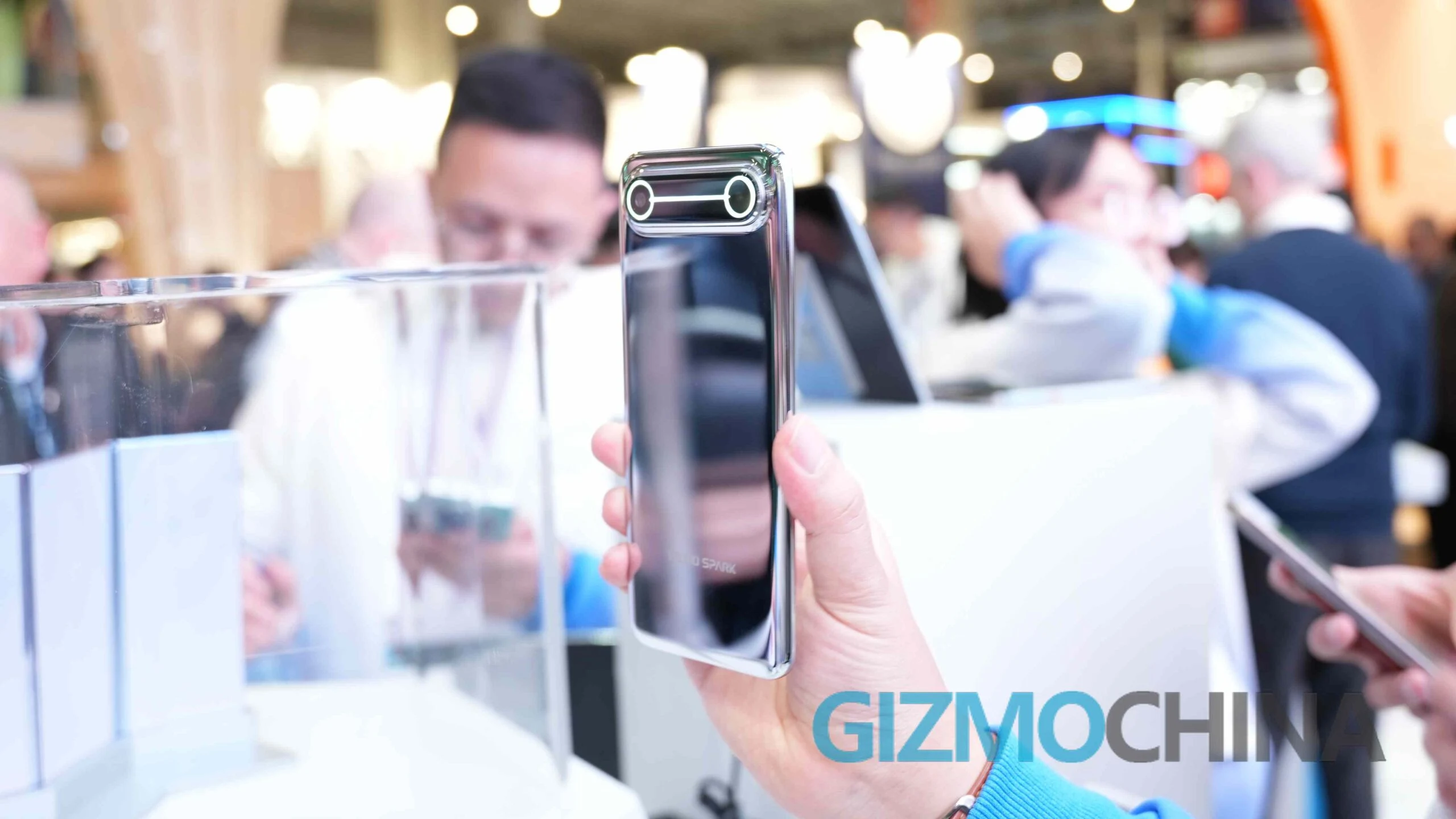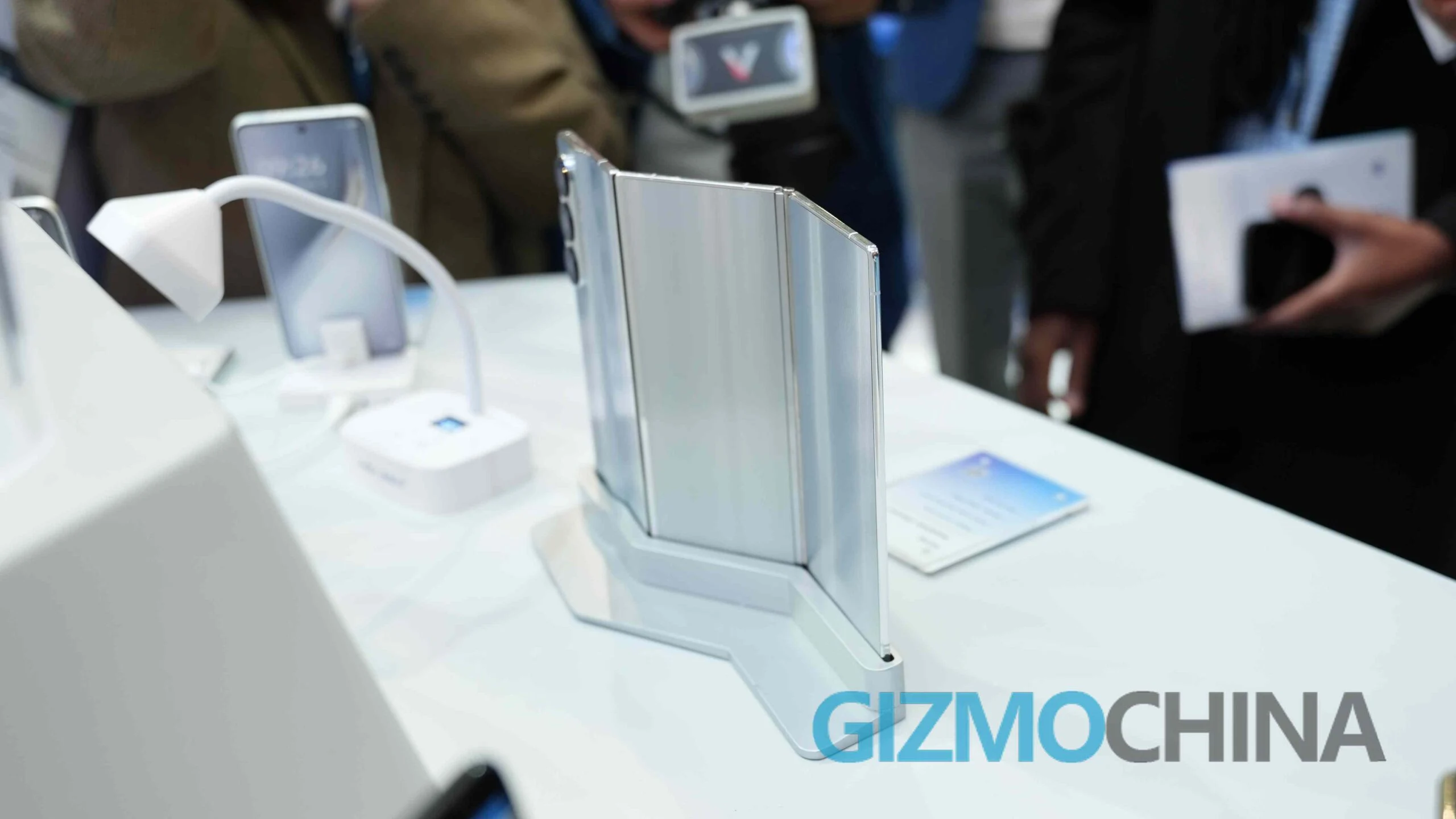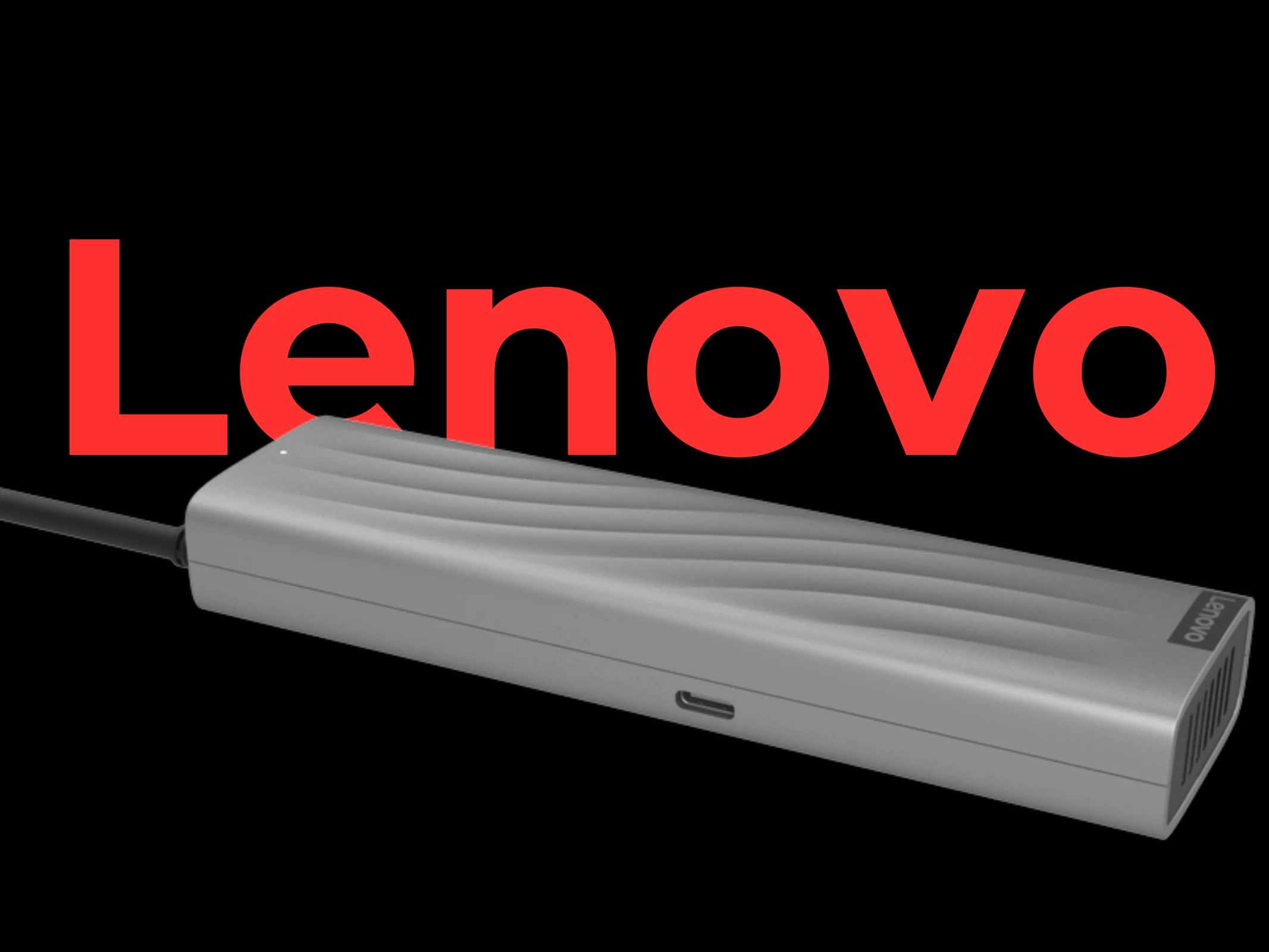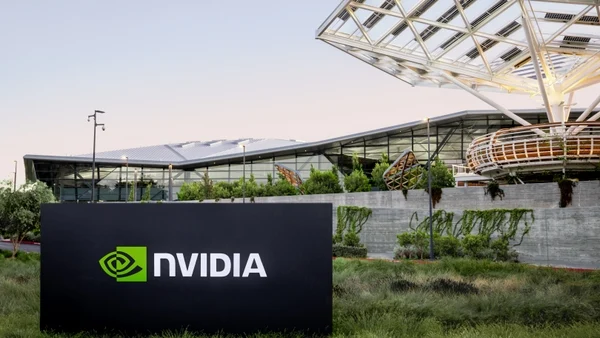Key Takeaways
1. TECNO’s theme at MWC 2025 is “Create the AI Future,” focusing on practical AI for daily users, especially in developing regions.
2. The CAMON 40 Series features advanced camera capabilities, including the “One-Tap FlashSnap” for capturing fast-moving subjects.
3. TECNO introduced their first AI Glasses Series, integrating smartphone-level photography and augmented reality features.
4. The MEGABOOK S14 is promoted as the world’s lightest 14-inch laptop with a 2.8K OLED display and advanced AI capabilities.
5. TECNO showcased innovative concepts like the ultra-thin SPARK Slim and the tri-fold PHANTOM Ultimate 2, highlighting advancements in design and battery technology.
Barcelona was buzzing today as tech lovers, business leaders, and brands from across the globe gathered at Fira Gran Via for Mobile World Congress 2025. My colleague Will and I explored numerous booths to bring you the finest insights from the event.
TECNO’s Impressive Showcase
We dedicated a significant amount of time visiting TECNO’s booth (6B11, Hall 6), which focused on the theme “Create the AI Future.” This theme goes beyond just showy technology; it aims to provide AI that is practical for daily users, especially in developing regions.
Notable Products at MWC 2025
The CAMON 40 Series was the star on the first day, flaunting remarkable camera features. The “One-Tap FlashSnap” function was particularly captivating, allowing users to capture fast-moving subjects with stunning clarity. TECNO also displayed their foldable devices—the PHANTOM V2 Flip 5G and PHANTOM V2 Fold 5G, which made their debut in 2024.
The most fascinating product was TECNO’s inaugural AI Glasses Series. These glasses are not just smart; they aim to integrate smartphone-level photography into eyewear. The Pro version elevates this further with augmented reality display features that suggest a future where our screens may be both omnipresent and absent simultaneously. More information on this will be revealed tomorrow on Day 2, according to the brand.
Innovations for Work and Leisure
Another highlight from the booth was the MEGABOOK S14 laptop, which is being promoted as the world’s lightest 14-inch laptop boasting a 2.8K OLED display. It skillfully combines powerful AI capabilities within a compact design. The Ella AI Voice Assistant provides more than simple commands—it brings a contextual understanding to conversations.
Future Concepts on Display
Perhaps the most captivating section of TECNO’s exhibit was their concept area. The SPARK Slim showcased an ultra-sleek profile in an elegant silver finish, while the tri-fold PHANTOM Ultimate 2 featured a tablet-sized screen that can conveniently fit in your pocket. The Tecno Spark Slim is remarkably thin at just 5.75mm, but it doesn’t sacrifice battery life, housing a robust 5200mAh battery. I recall when older super-slim smartphones like the vivo X3 only managed to fit a 2000mAh battery in such a slim design. It seemed illogical back then due to battery costs, but now, a 5.75mm thickness with a 5200mAh battery appears to be a smart move after a decade. The tri-fold device was also a significant highlight, offering a stunning, expansive screen that folds down to pocket size.

